Wetland Classification: An Introduction
- Start Date: June 23, 2025
- End Date: June 25, 2025
- Time: 9am - 5pm
- City: Revelstoke BC
- Venue: Classroom venue Okanagan College: 1401 1 St W, Revelstoke. Various field sites
- Instructor: Various, see below
- Registration now open
Course Description
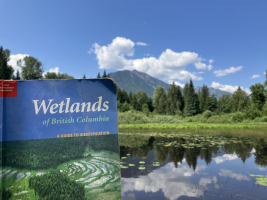
This course is designed to introduce students to the basics of wetland identification and classification. Students will be introduced to the foundations of how to recognize, map, classify, and describe wetlands using the Canadian Wetland Classification System and will provide an overview for identifying common wetland ecosystem sites and plant associations using the Wetlands of British Columbia and other updated Land Management Handbooks (LMH). Other topics such as wetland delineation and assessment (function and condition) will be introduced but are not the focus of this course.
The course will begin with a classroom session introducing how to identify and classify wetlands using the primary indicators of soils, hydrology and vegetation while utilizing resources to describe these indicators. Students will practice using common field forms such as those included in the Field Manual for Describing Terrestrial Ecosystems (LMH 25) (FS8882 and FS1333).
The field component will include 3-4 field site visits around the Revelstoke area to local wetlands to practice classification and descriptions using site forms and the Wetlands of British Columbia (LMH 52) guidebook.
Students taking this course should walk away with the ability to confidently identify and classify wetlands and gain familiarity with commonly used field forms and other resources.
A detailed course outline is available upon request.
Note: This course is scheduled closesly with the complimentary course on Field Soil Description & Classification. We reccommend taking both courses if you can!
Our Instructors
This course has a fantastic teaching team with two lead instructors who are supported by an additional team of highly knowledgeable mentor intructors for a relatively small group size of up to 20 students.
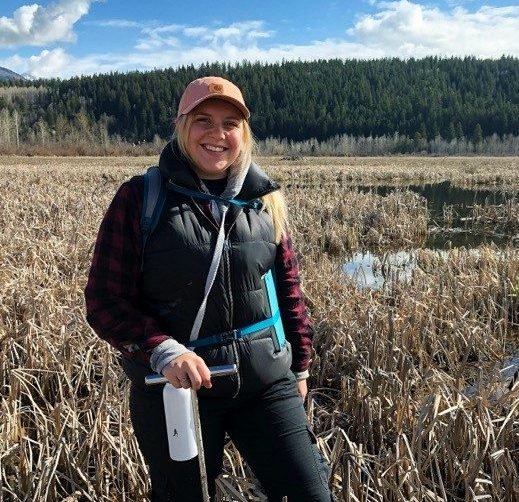
Alana Higginson, co-lead instructor
Alana Higginson (B.Env) is the Program Coordinator for the B.C. Wildlife Federation’s Wetlands Education Program. Raised in Maple Ridge and Pitt Meadows, an area rich in wetlands, Alana developed a lifelong passion for conservation. With nearly a decade of experience in education and coordination, including the past five years at BCWF, she has facilitated and coordinated workshops across B.C., training communities, consultants, conservation groups, government staff, and community scientists. Having delivered over 40 workshops on wetland classification and conservation strategies, Alana is a dedicated advocate for environmental stewardship and the protection of natural ecosystems across the province.
Karen Stefanyk, co-lead instructor
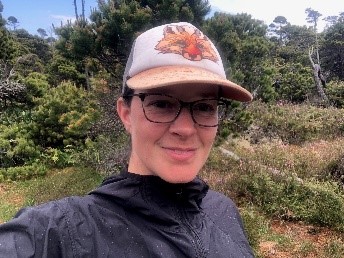 Karen Stefanyk (RPBio) is an ecologist and Wetland Specialist for the Province of British Columbia. She originally hails from the prairies where the ravine and associated wetlands behind her house as a kid inspired her career in ecology and later specializing in wetlands ecosystems. Her work has spanned over 20 years in the environmental field, with a background in research, over ten years consulting and in her eighth year with the province developing policy and guidance. Karen has worked extensively across western Canada identifying, delineating, assessing, and classifying wetlands for municipal, provincial and federal environmental assessments.
Karen Stefanyk (RPBio) is an ecologist and Wetland Specialist for the Province of British Columbia. She originally hails from the prairies where the ravine and associated wetlands behind her house as a kid inspired her career in ecology and later specializing in wetlands ecosystems. Her work has spanned over 20 years in the environmental field, with a background in research, over ten years consulting and in her eighth year with the province developing policy and guidance. Karen has worked extensively across western Canada identifying, delineating, assessing, and classifying wetlands for municipal, provincial and federal environmental assessments.
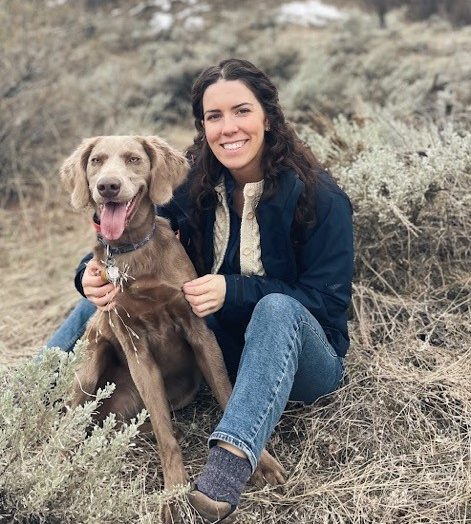
Kyla Rushton, mentor instructor
Kyla Rushton (P.Ag) is the Wetland Assessment & Field Coordinator with the BC Wildlife Federation, who has been working on using the Wetland Ecosystem Services Protocol and Canadian National Wetland Inventory with conservation partners and First Nations in BC. While working with partners on the land, Kyla has instructed a variety of students using these protocols as well as wetland delineation and classification. Prior to working with BCWF, Kyla worked on riparian and rangeland vegetation inventories as a consultant and in the NGO sector in BC and Alberta.
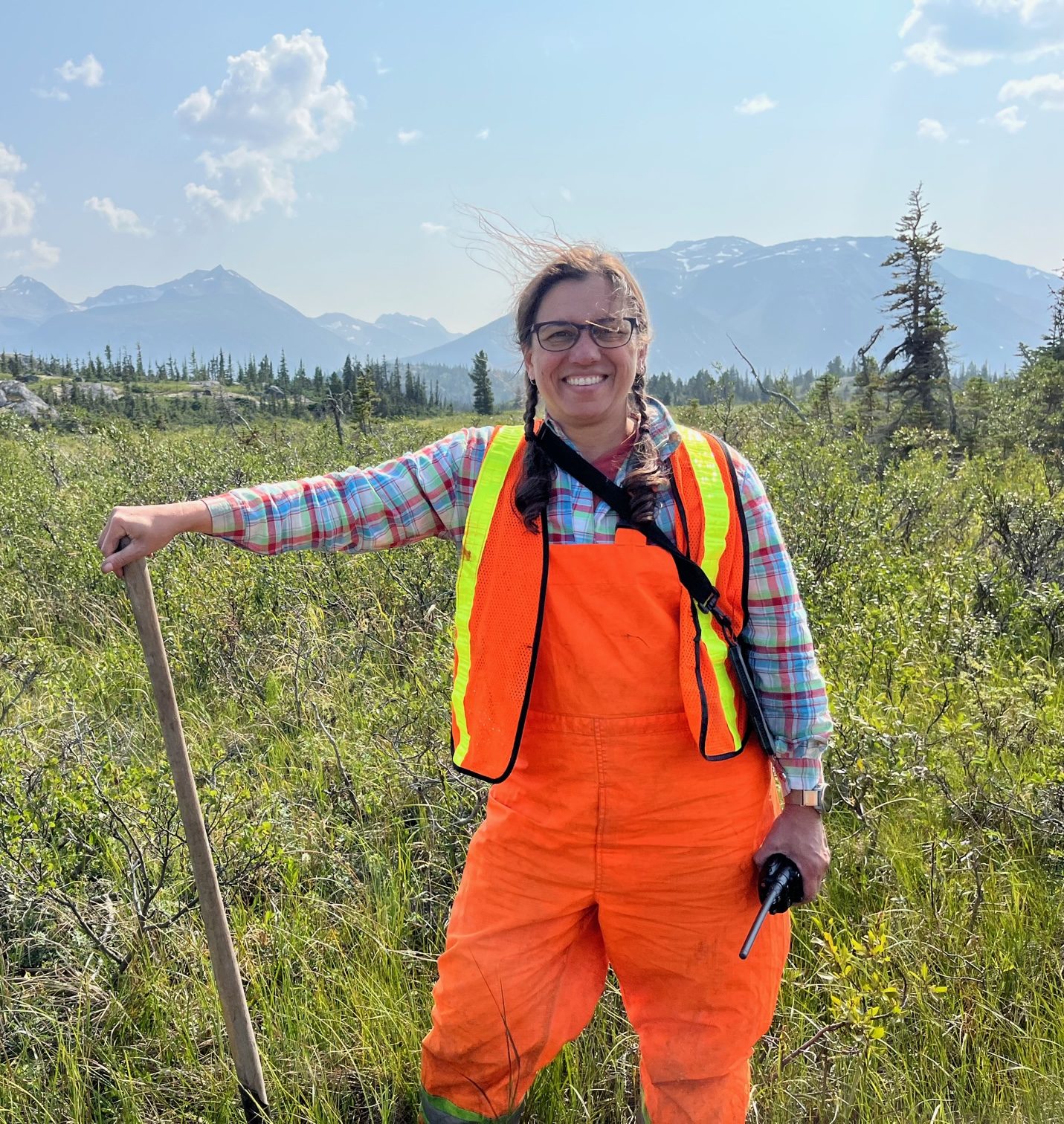
Deepa Filatow, mentor instructor
Deepa Spaeth Filatow, (P.Geo, P.Ag) is an ‘earth science generalist’ and an expert on the provincial standards and holdings of surficial geology, ecosystem and soils information for British Columbia. This includes 1,000 GIS projects with a total of 25 million inventory polygons; 26,000 soil pit descriptions; scanned and georeferenced legacy maps; and associated standards, reports and field data. Deepa has been the Provincial Bioterrain Specialist for the Ministry of Environment since 2001. She is a Professional Geoscientist with the Association of Professional Engineers and Geoscientists of British Columbia and a Professional Agrologist with the BC Institute of Agrologists. Deepa has spent many years mapping ecosystems, soils and terrain in all regions of the province and has a keen interest in hydric soils and wetland ecosystems.
Cora Skaien, mentor instructor
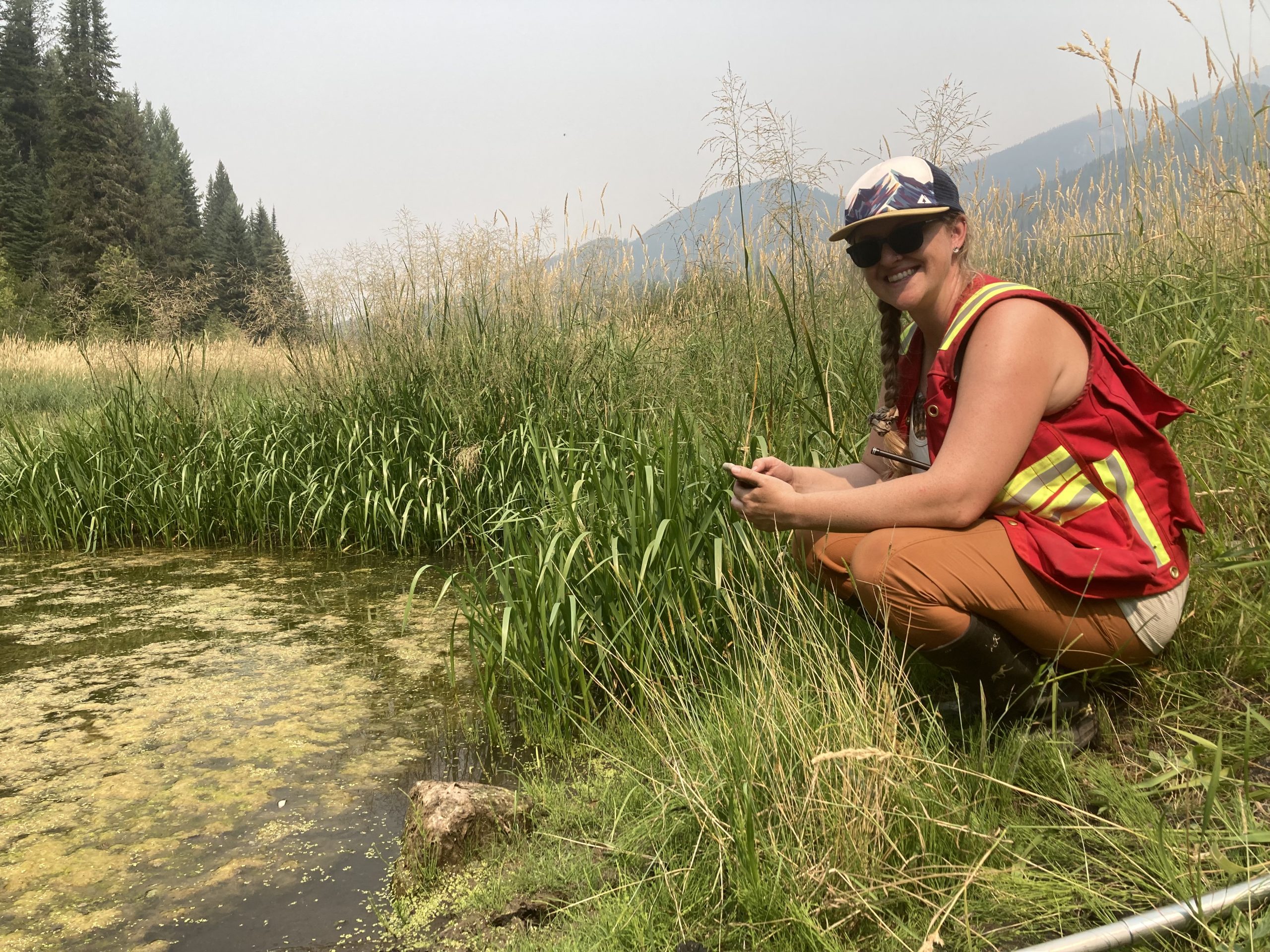 Cora works in the BC Conservation Data Centre (CDC) as a Wetland Vegetation Ecologist. Her role focuses on: updating status assessment rankings for wetland ecological communities within BC (yellow, blue and red-listed); creating Element Occurrences (EOs) for blue and red-listed wetland ecological communities; and fieldwork within wetlands across BC to map the boundaries of wetlands. This field work contributes to creating EOs, submitting to the Canadian National Wetland Inventory, and having data available for predictive modelling of wetlands.
Cora works in the BC Conservation Data Centre (CDC) as a Wetland Vegetation Ecologist. Her role focuses on: updating status assessment rankings for wetland ecological communities within BC (yellow, blue and red-listed); creating Element Occurrences (EOs) for blue and red-listed wetland ecological communities; and fieldwork within wetlands across BC to map the boundaries of wetlands. This field work contributes to creating EOs, submitting to the Canadian National Wetland Inventory, and having data available for predictive modelling of wetlands.
Who should take this course?
This course is well suited for biologists, agrologists, foresters, students and other environmental professionals and land managers needing to learn more about wetland recognizing and classifying wetlands. All are welcome.
Prior experience in ecosystem classification, plant ID, and soils would be a benefit, but not necessary.
Preparation and what to bring
Publications
An email with additional resources will be sent prior to the course. In the interim, please review the online PDF version of Wetlands of BC.
Field equipment
Each participant must have:
- Sturdy hiking shoes (for uneven terrain and shovelling)
- Clean rubber boots and waders
- Notebook
- Clipboard
- Mobile device or tablet with with Avenza or Field Maps downloaded for viewing maps and additional field guides
- Pack or field vest to carry gear
- Water bottle (at least 1L, bagged lunches do not come with water)
- Packed lunch if you haven’t ordered the bagged lunches upon registration
- NOTE: All field gear should be cleaned and disinfected prior to the first site, and between sites. Instructors will bring disinfectant to use between sites.
It would be nice if participants have:
- Hand lens
- Munsell soils colour charts
- Soil knife
- Vehicle for carpool: Please indicate in your registration form if you have space to take passengers in your vehicle, but can be solidified at the end of the classroom session.
- First aid kit
- Truck or hand radio with RR stations programed
What is included with the course?
Resources will be sent out prior to course and data collection sheets will be provided by instructors. Field guides: several copies of LMH 52, Plants of Southern Interior BC and Munsell Soil Color Charts will be provided to share, but please bring your own or other supplemental resources. Clean tools to be supplied: soil augers, pH meter, plant ID books, tape measures, drinking water
Lunches are available for pre-order with registration. Coffee/tea and snacks are provided for the classroom sessions.
A certificate of completion is provided to all students to aid with claiming professional development credits.
Registration
Registration for this course includes catered breaks for the classroom session, coffee/tea on each field morning, and an option to add a bagged lunches for all three days of the course. Lunches and all catering supplied by La Baguette.
*CMI memberships may be purchased upon registration – read more about CMI membership here.
CMI members $535*
Non-members $575
NOTE: Once registration fills, you will be welcome to join our cancellation list for the course. Anyone on this list will have the chance of filling registration cancellations as well as being the first to be notified when we open up registration for next season’s course. Please email office@cmiae.org to be placed on the list.
Where to stay?
We have numerous accommidation options that offer discounts to CMI registrants:
Basecamp Revelstoke: various locations and room rates
- Discount code of 15% via the online booking tool using the promo code “CMI”
- Basecamp Resort: Just outside of town towards Revelstoke dam. About a 15min drive to the School District 19 (SD19) admin building where this course starts each day
- Basecamp Suites: A brand new build downtown Revelstoke, about a 10min walk or 5min drive to the SD19 admin building
- Northwinds Hotel: A newly acquired hotel in the Farwell area of town, about a 25min walk to the SD19 admin building. Marketed as having affordable rates. (Reccommended – 2min walk from classroom and affordable.)
Grizz Hotel: Affordable, right downtown Revelstoke.
- Discount of 10% off seasonal room rates, must phone to book, asking for the “CMI rate.” Phone number: 250-837-5151
- About a 15-20min walk to the School District 19 admin building where this course starts each day
- Suggest requesting a room on second floor to avoid possible street-level noise
Thank you!
A big thank you to our event partners: BC Wildlife Federation and BC Ministry Water, Land and Resourse Stewardship.


